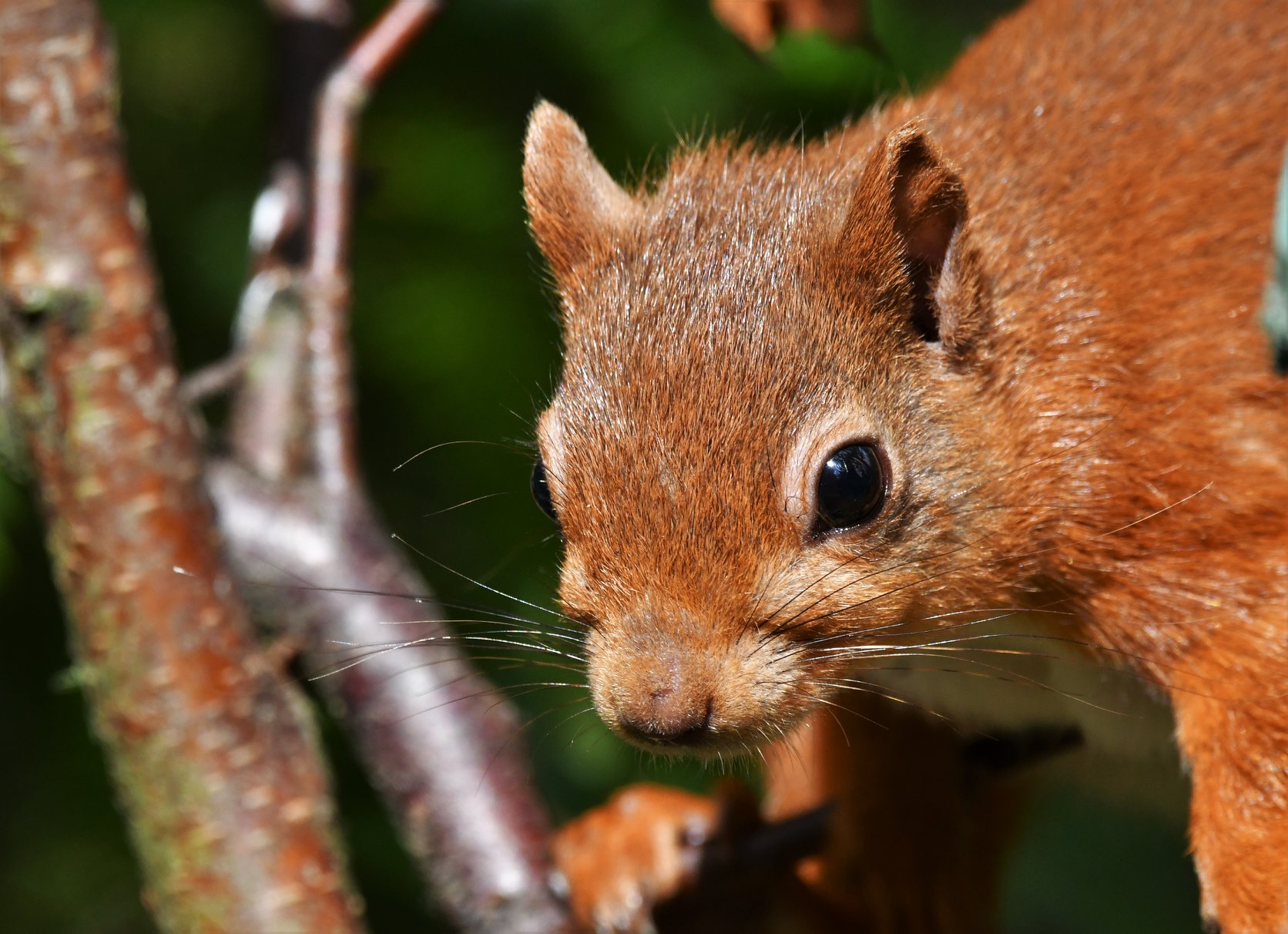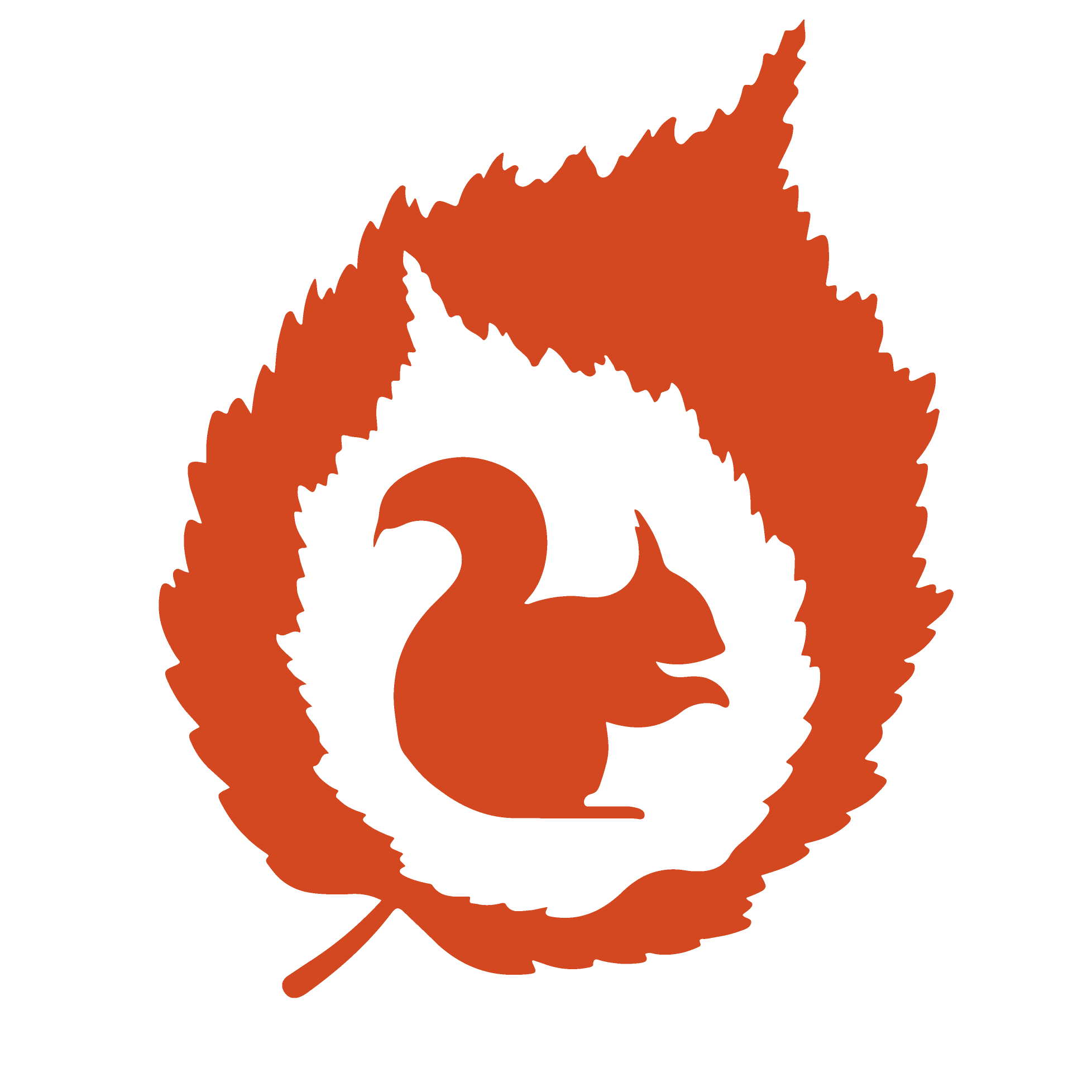International Women and Girls in Science Day 2022 – APHA team
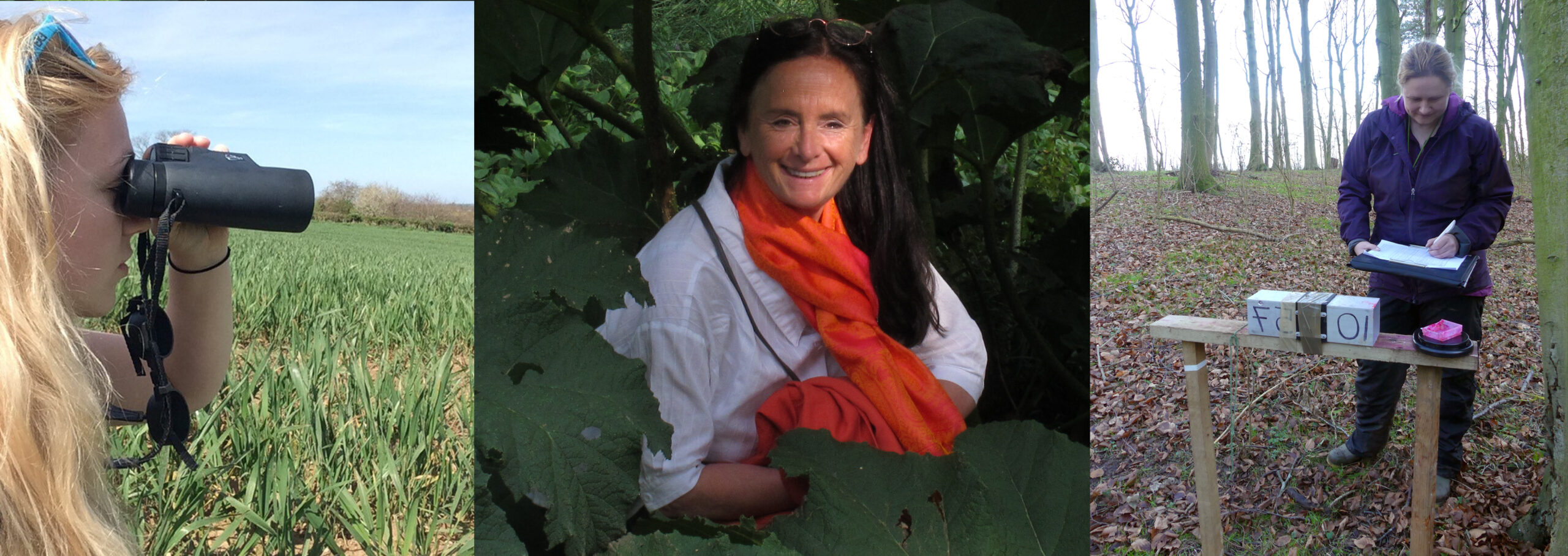
Members of the Animal and Plant Health Agency team delivering the UK Squirrel Accord funded grey squirrel fertility control research help celebrate today’s International Women and Girls in Science Day. Discover more about their involvement in the fascinating worlds of wildlife and science.
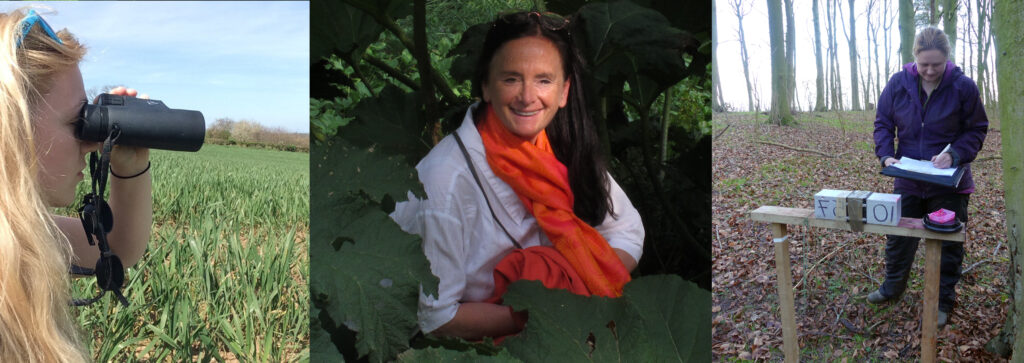
Dr Giovanna Massei – Senior Ecologist
I lead a research group working on human-wildlife conflicts and am also the Europe director of the Botstiber Institute for Wildlife Fertility Control.
These conflicts are increasing worldwide, often caused by intelligent, adaptable wildlife. In Europe, these species include wild boar, parakeets, deer, geese, feral livestock such as goats and ponies, and rodents like mice and rats. Traditional methods such as shooting and poisoning, often used to mitigate these conflicts, can be ineffective, illegal, inhumane and environmentally harmful. My work is focused on developing non-lethal alternatives to manage wildlife.
Research applied to solving real world problems is immensely rewarding. For instance, reducing local numbers of rodents and their impact on crops, will lead to fewer people getting hungry or suffering from diseases. Decreasing the number of deer and feral livestock will reduce their pressure on plant communities. This job has led me to travel a lot. I have enjoyed the hospitality of a Buddhist monastery when working on rabies and stray dogs in India, discussed research on rock hyrax in the Negev desert in Israel, and enjoyed some wonderful tapas during a fertility control study on wild boar in Barcelona. This area of work is growing fast. We could do with more inquisitive, resourceful and adventurous women to help shape the world we want to share with our wildlife.

Sarah Beatham – Wildlife Ecologist
I have worked as a wildlife ecologist at the Animal and Plant Health Agency (APHA) for 14 years, researching novel wildlife technology in the field to resolve human-wildlife conflicts.
Ever since I can remember I have found the natural world fascinating. Some of my earliest memories include watching David Attenborough documentaries and identifying different tree species with my Grandad. My desire to learn as much as I could about animal behaviour led me study a degree in Biological sciences at Sheffield University and later an MRes in Ecology and Environmental Management at York University. Choosing a course that included a lot of practical, hands-on experience and a relevant work placement really helped my career progression. I joined APHA as a work placement student, assisting on a project on urban badgers. The project included some unusual experiences such as sitting in graveyards in the middle of the night downloading data from badger GPS collars and walking around towns with a large aerial, tracking them. I went on to manage the field delivery of the project for 5 years, learning how to anaesthetise and blood sample the animals.
My job is interesting, challenging and varied. I have trained hunters in Kosovo on how to estimate the abundance of wolves and bears using remote cameras, captured and rehomed an escaped raccoon in Sunderland and recorded data on wild boar in the Forest of Dean. I am currently in my fifth year of a part-time PhD at Durham University, supported by APHA, developing methods to deliver oral contraceptives to manage grey squirrel populations. My advice for anyone wanting to be an ecologist is to work hard at achieving good academic qualifications but also try to gain as much practical experience as possible through volunteering.
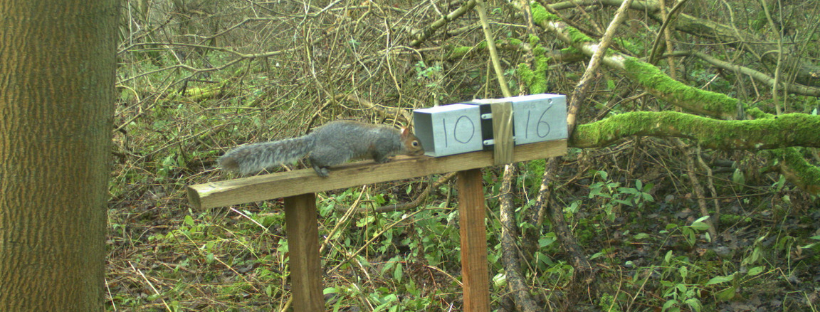
Bex Pinkham – Wildlife Biologist
I am a wildlife biologist at the National Wildlife Management Centre. I am mainly working on researching novel solutions for human-wildlife conflicts with a current focus on fertility control for wildlife.
I have loved science since a young age, particularly biology, and find it really interesting learning new things about how our bodies work and how similar we are to the animals around us. I’ve also been an animal lover all my life so a career where I could combine both and get the opportunity to research wildlife seemed to be an ideal choice for me.
My advice for anyone wanting to get into science would be to stay curious! The internet is a wonderful tool, with information out there on anything you can think of. There are so many free courses and talks that are advertised online or groups you can get involved in if you search in your local area. Most scientists love talking about their work and would be happy to answer questions if you get in contact. Sites such as Twitter and LinkedIn are great for finding organisations and researchers involved in all areas of science and keeping up to date with the latest topics.
Science is wonderfully diverse with many opportunities for involvement at all levels. Sign up to our mailing list for future updates on our wildlife conservation and research.


